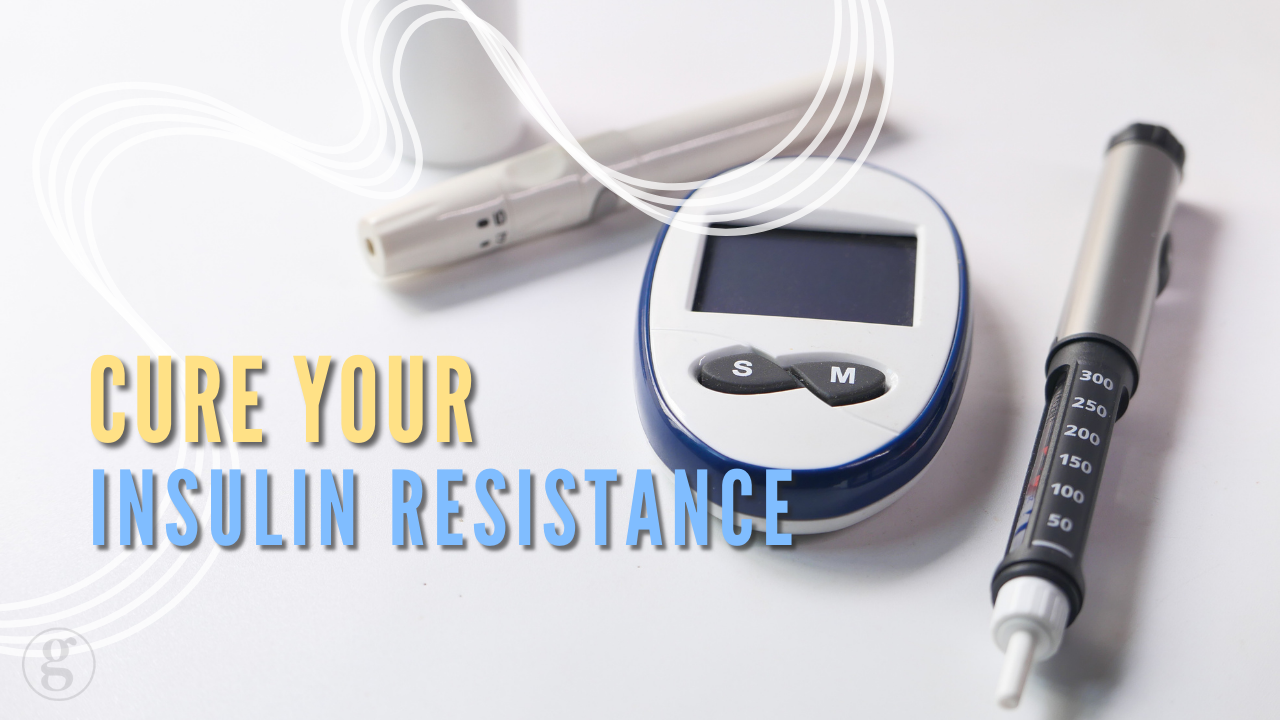Unlock Unstoppable Strength and Mental Clarity

Think creatine is just for athletes? Think again. Whether you’re aiming to stay strong as you age or boost your brain health, creatine has benefits that go far beyond the gym. From enhancing workout performance to supporting cognitive function, this once ‘sports-only’ supplement is quickly becoming a must-have for anyone looking to stay fit and sharp as the years go by.
Creatine and Strength: The Key to Slowing Age-Related Muscle Decline
As we get older, maintaining strength becomes a priority. One of the best ways to slow muscle decline is to put more load on your muscles during exercise—and that’s where creatine comes in. Creatine helps you lift heavier, push harder, and give your muscles the stimulus they need to stay strong. By increasing your capacity to handle heavier loads, creatine may help make your muscle decline more gradual as you age. This simple supplement could be a game-changer in helping you stay fit and maintain strength for longer.
Natural Intake Vs. Supplementation.
Creatine is foung in protien rich food, mostly from animal source. Think, red meat, pultry, fish. The average diet will have 1-2 grams of creatine per day from food and since creatine is not an ‘essential’ amino acid, you can manufacture 1-2 grams per day. We’ve known for a long time that the amount you need for enhanced athletic performance is far higher than what you could get from diet alone. This would require supplementation. Research is pretty clear that higher creatine stores (more than you could get in your diet) results in improved physical and cognitive performance and even recovery.
Creatine’s Journey from Sports Supplement to Daily Essential

Years ago, creatine was mainly seen as a sports supplement used by athletes and bodybuilders to enhance performance. But today, creatine has made its way onto many people’s top supplement lists, and for good reason. It’s not just about sports anymore. The benefits of creatine extend far beyond the gym, making it a great candidate for anyone looking to optimize their overall health.
Safety and Benefits: Who Can Use Creatine?
Creatine supplementation is usually in a powder form called creatine monohydrate. Like ingesting many nutrients as an isolated product in supra-physiological quantities, there is always a risk of GI discomfort (a quick and temporary bout of diarrhea). If this side effect is experienced, you simply need to cut back the dose and raise is slowly over a few days to a week in order to establish ‘bowel-tolaerance’.
Creatine is well-researched and generally safe for most people. Unless you have specific health issues like kidney disease, you’re unlikely to experience any negative effects from taking it (blood tests can show artificially elevated levels of cretinine. Be sure to inform your doctor if you are taking any nutritional supplements. This is a normal benign finding if there is no underlying kidney disease).
The benefits of creatine are substantial: creatine allows you to work out longer, recover faster, and get more out of your exercise routine. By improving your performance in the gym, creatine helps you maximize the positive effects of your workouts, which in turn leads to better overall health and longevity.
A Surprising Bonus: Brain Health

Beyond muscle benefits, there’s exciting new research on creatine’s effects on brain health. Studies suggest that creatine may support cognitive function and even help protect against age-related cognitive decline. It’s a promising area of research, and it shows that creatine isn’t just about physical strength—it could also play a key role in keeping your brain sharp as you age.
How I like to use Cretine monohydrate.
Loading Phase
The loading phase involves taking a higher dose of creatine to quickly saturate muscle stores:
- Dosage: 20 grams per day, divided into 4-5 equal doses, for 5-7 days.
- Purpose: This phase helps to rapidly increase muscle creatine levels, allowing users to experience the benefits sooner.
Maintenance Phase
After the loading phase, a lower daily dose is used to maintain elevated creatine levels:
- Dosage: 3-5 grams per day.
- Consistency: It is important to take creatine consistently to maintain muscle saturation.
Alternative Approach
For those who prefer not to undergo a loading phase, taking a consistent daily dose of 3-5 grams will also achieve full muscle saturation, but it will take about 3-4 weeks to reach this level.
A Personal Endorsement
I’ve added creatine to my daily routine, and I believe it’s something a lot of people could benefit from. It’s one of the most researched supplements out there, and its potential to enhance both physical and mental well-being makes it an easy choice. Whether you’re looking to stay strong, boost your brainpower, or simply get more out of your workouts, creatine is worth considering.
Key Takeaways:
- Strength and Aging: Creatine can help slow muscle decline by enabling you to lift more and give your muscles the right stimulus to stay strong.
- Broader Benefits: Once seen only as a sports supplement, creatine is now considered one of the top supplements for overall health.
- Safety: Creatine is generally safe, with few risks for most people.
- Brain Health: Emerging research suggests that creatine may also support cognitive function and prevent age-related brain decline.
- A Valuable Supplement for Everyone: Whether you’re an athlete or just trying to stay healthy, creatine offers benefits for both body and mind.
If you’re looking to get stronger, improve your brain health, and get the most out of your workouts, creatine could be the supplement you didn’t know you needed.
References
- Kreider, R. B., Kalman, D. S., Antonio, J., Ziegenfuss, T. N., et al. (2017). International Society of Sports Nutrition position stand: safety and efficacy of creatine supplementation in exercise, sport, and medicine. Journal of the International Society of Sports Nutrition, 14(1), 1-18.
https://doi.org/10.1186/s12970-017-0173-z - Benton, D., & Donohoe, R. (2011). The influence of creatine supplementation on the cognitive functioning of vegetarians and omnivores. British Journal of Nutrition, 105(7), 1100-1105.
https://doi.org/10.1017/S0007114510004733 - Devries, M. C., & Phillips, S. M. (2014). Creatine supplementation during resistance training in older adults—a meta-analysis. Medicine and Science in Sports and Exercise, 46(6), 1194-1203.
https://doi.org/10.1249/MSS.0000000000000220 - https://pmc.ncbi.nlm.nih.gov/articles/PMC7910963/
- https://my.clevelandclinic.org/health/treatments/17674-creatine
Want to learn more about optimizing your health and longevity? Visit our Blog Home Page for more expert insights. If you’re interested in working directly with Dr. G to see if you’re an ideal client, you can explore more here. Additionally, take a look at Dr. G’s supplement line for products designed to support your metabolic health at Cyrene Labs (Cyrene labs products are only available through licensed providers).






